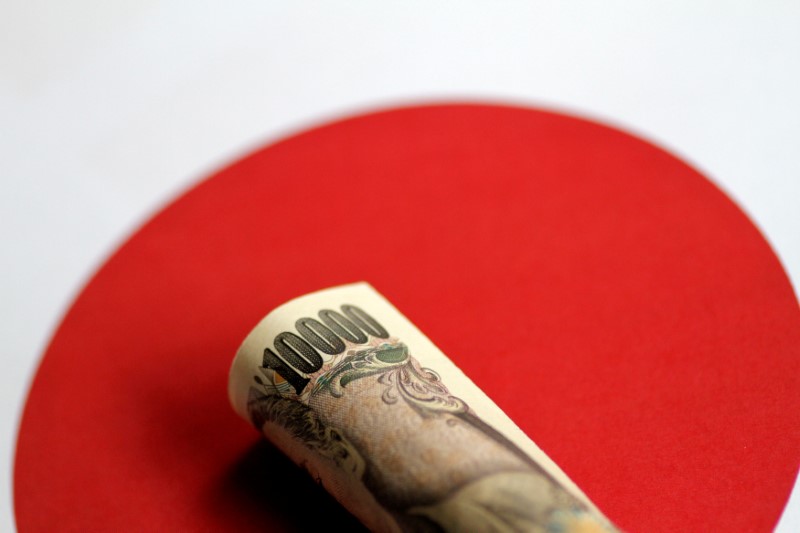Investing.com - The dollar reversed course on Wednesday in Asia and gained against the yen despite solid data from Japan on retail sales as the Korean peninsula remained in focus after the United Nations Security Council again reprimanded Pyongyang over its missile and nuclear programs.
USD/JPY rose 0.11% to 109.82, while AUD/USD gained 0.48% to 0.7990.
The U.S. dollar index, which measures the greenback’s strength against a trade-weighted basket of six major currencies, eased 0.01% to 92.26.
In Asia, Japan reported retail sales rose 1.9%, compared with with a 1.0% gain expected in July on year. In Australia, building approvals dropped 1.7%, less than the 5.0% decline seen on month in July, while construction work done jumped 9.3%, compared to the 1.0% gain seen for the second quarter.
Overnight, the dollar fell to two-and-a-half year lows against a basket of global currencies on Tuesday, following renewed geopolitical tensions, after North Korea fired a missile that flew over Japan on Monday, lifting demand for safe haven assets.
The dollar attempted to pare losses on the back of U.S. consumer confidence data that topped expectations. The better than expected data, however, remained overshadowed by geopolitical uncertainty, following North Korea’s missile launch over Japan.
The Consumer Confidence Index rose in August to 122.9, despite expectations of a decline, The Conference Board announced Tuesday.
The uptick in geopolitical uncertainty, prompted an rise in demand for safe-haven currencies like the yen and Swiss franc, dampening the greenback’s attempt to pare losses.
Following the missile test, the U.S., Japan and South Korea asked for a United Nations Security Council meeting. According to diplomats, a meeting of the 15-member Security Council is scheduled to be held later Tuesday.
Meanwhile, the euro continued to strengthen against the greenback in the wake of European Central Bank Mario Draghi’s speech at Friday’s Jackson Hole summit, in which he appeared reluctant to mention the euro’s strength.
